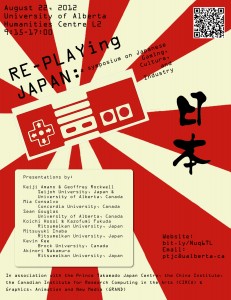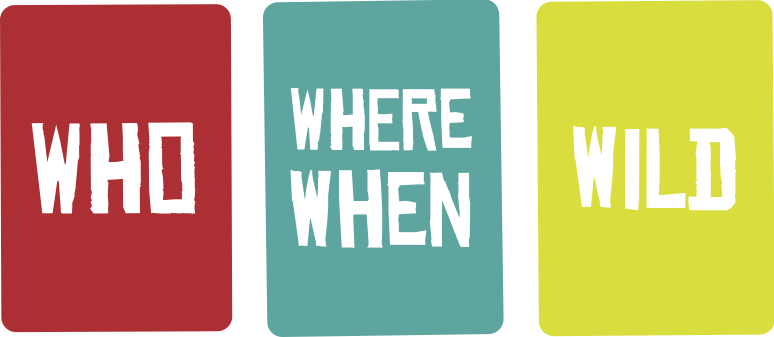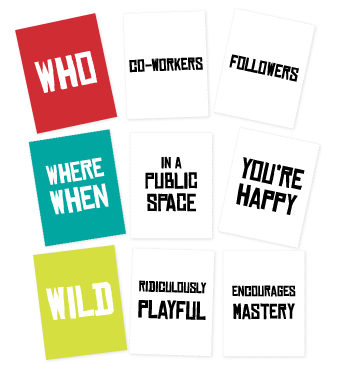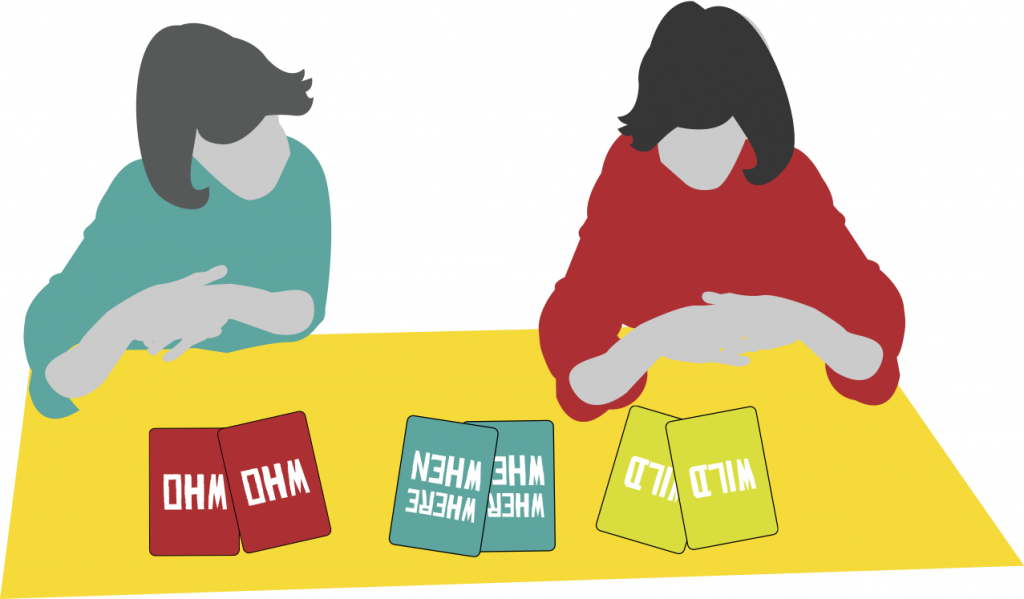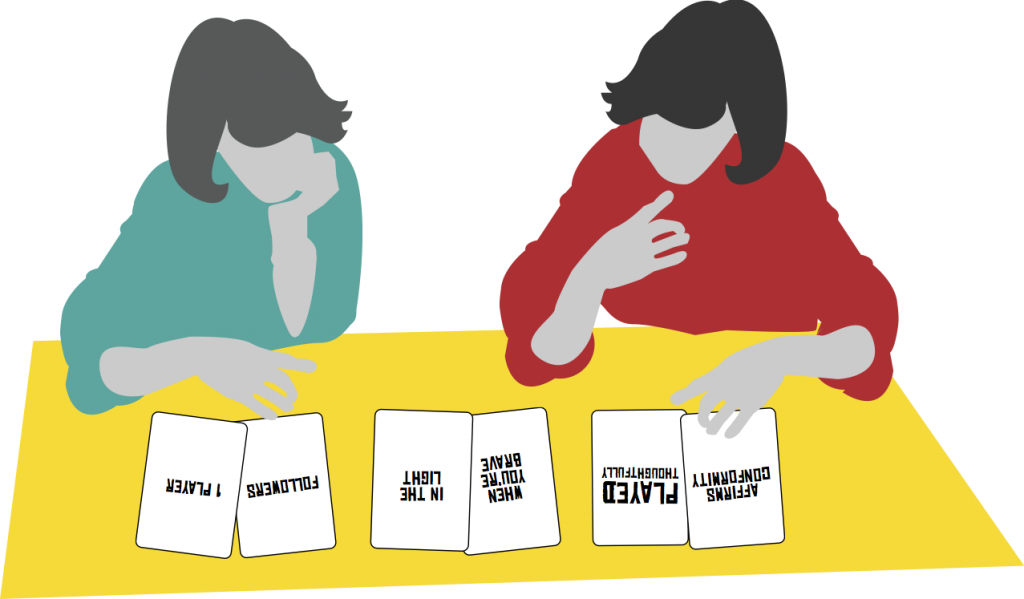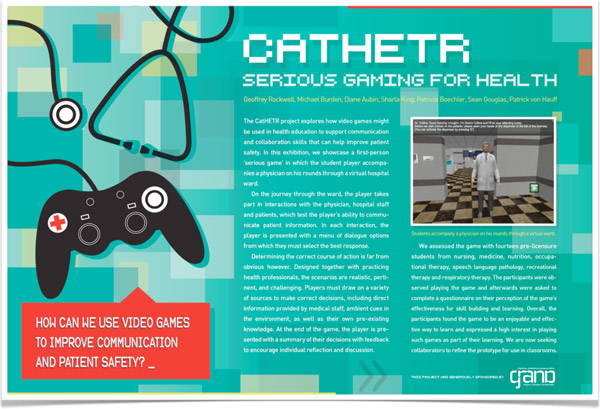UofA Exchange with SFU (Shannon Lucky)
- March 12th, 2013
- Write comment
In late February this year I was graciously hosted by the SFU-SIAT PLAYPR group for a two day collaborative working exchange at the SFU Surrey campus. Vicki Moulder organized a meeting at SFU-SIAT on Wednesday morning with Carmen Neustaedter and Ron Wakkary where we discussed potential collaborations involving the location based game research taking place at both of our campuses. This meeting resulted in a plan to undertake a group assessment of the game platforms that have been developed at U Alberta, SFU, and Carlton University.
The second day focused on refining our game platform assessment project. We plan to run a workshop at the GRAND 2013 conference in Toronto that would have the teams from the University of Alberta, Simon Fraser University, and Carleton University build history themed location based games using the platforms developed at each other’s universities. Each team will be given access to documentation and developer access to one of the game development platforms, a package of historical content relevant to the location of the conference – namely downtown Toronto- and one hour to build a small, playable segment of a historical location based game. The teams would then playtest each other’s games and give feedback on both the design and play experience.
We hope to use the results of our game platform assessment to pursue more expansive collaborative location based game projects in the future. We realized that one of the common thematic threads in our game research is location based games that have a historical context or narrative. These games take a player through a unique Canadian location and use historical content and resources as a main element of the game narrative and/or player experience. The Canadian landscape is a central element in many artistic representations of our national and local identities which we felt could serve as the basis for a successful location based game project. We discussed the possibility of creating a location based game or game series that would have a united design concept and could be played in many locations across Canada based on artistic representations of national identity such as the work of the Group of Seven. The theme of the body in the landscape is a promising area to explore through the lens of location based gaming and we hope it will stretch the potential of our game platforms beyond simple scavenger hunt mechanics. We will discuss this plan in more depth following the platform assessment project and in person at the GRAND conference in May 2013.
I gave a well-attended talk on the afternoon of the second day at SIAT about the PLAY-PR research taking place at the University of Alberta. I presented the progression of our games research over the past three years and several of the location based games we have built at the UofA. I also elaborated on areas we would like to focus on in the future such as more in-depth assessment of game design projects, increasing player quotas for games tested ‘in the wild’, and overcoming technical issues for smartphone-based games where connectivity to data and GPS signals is unreliable. We had a great discussion about designing for failure of data connectivity and finding new types of game mechanics for location based games beyond scavenger hunt modes of play.
I would like to thank Vicki Moulder, Ron Wakkary, Carman Neustaedter, and everyone I met at SIAT for their generosity with their time and expertise. This exchange was a great opportunity to see the all the work being done at SIAT and to get a jump start on plans for future collaborative projects within the PLAY-PR network.

